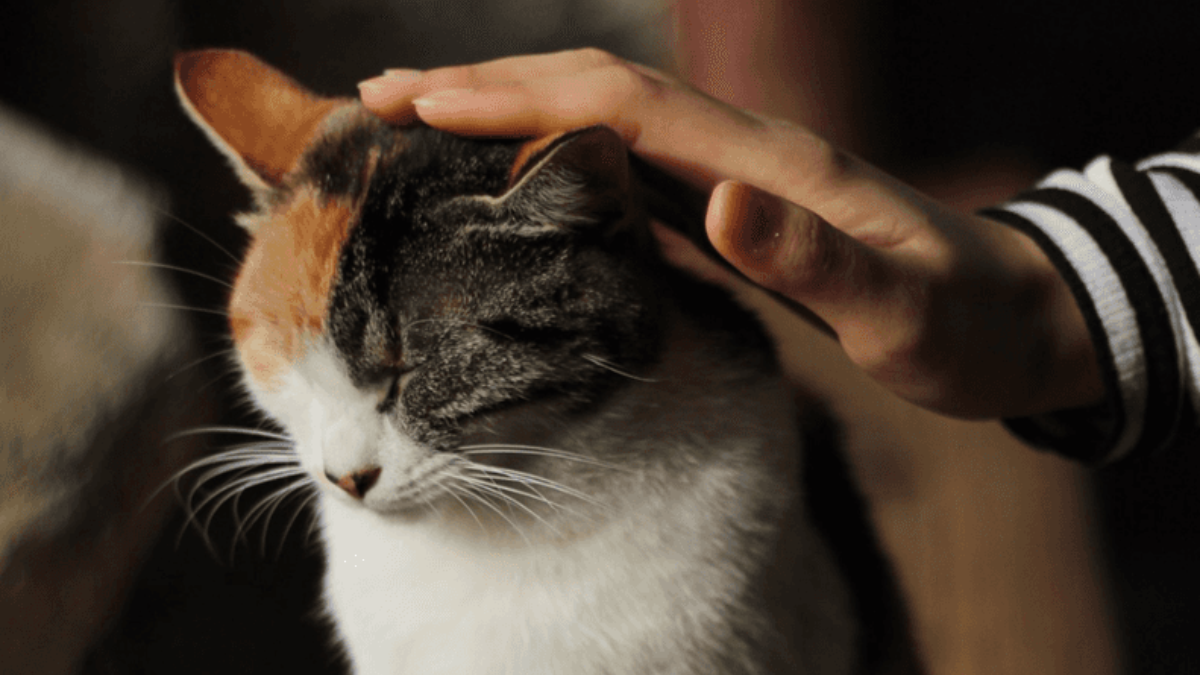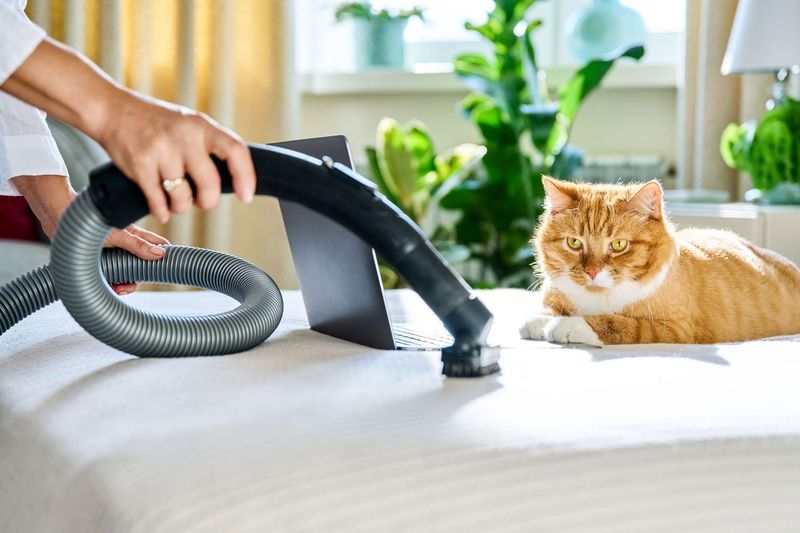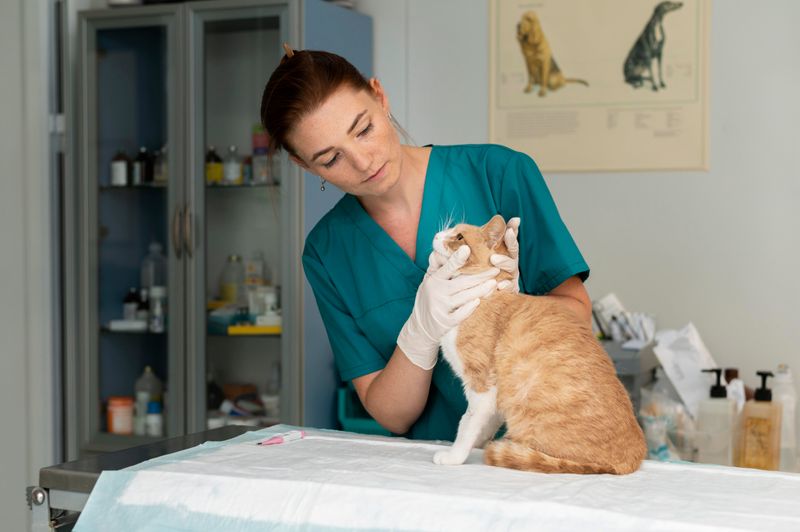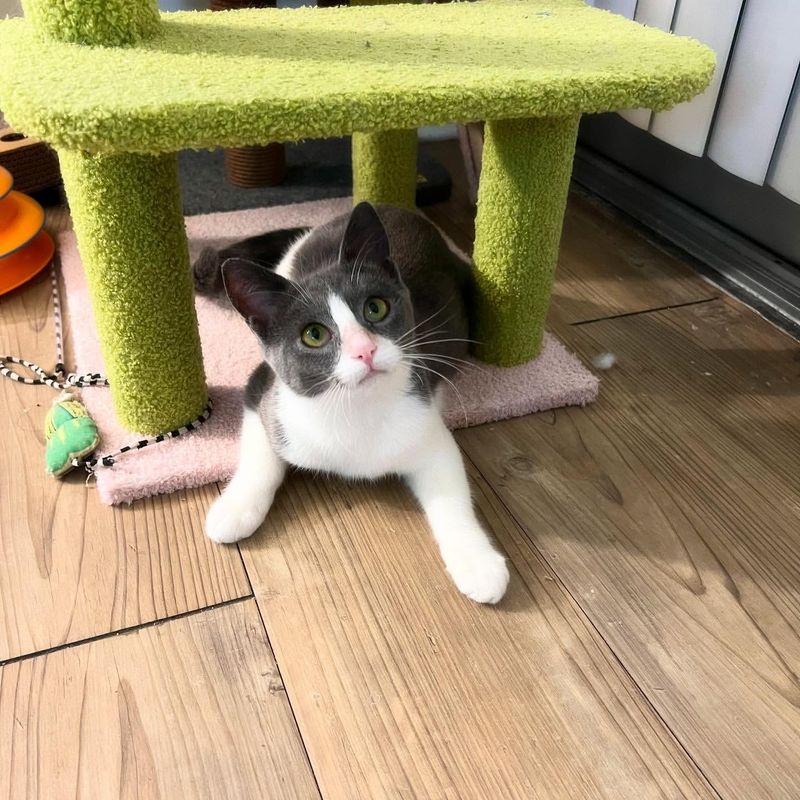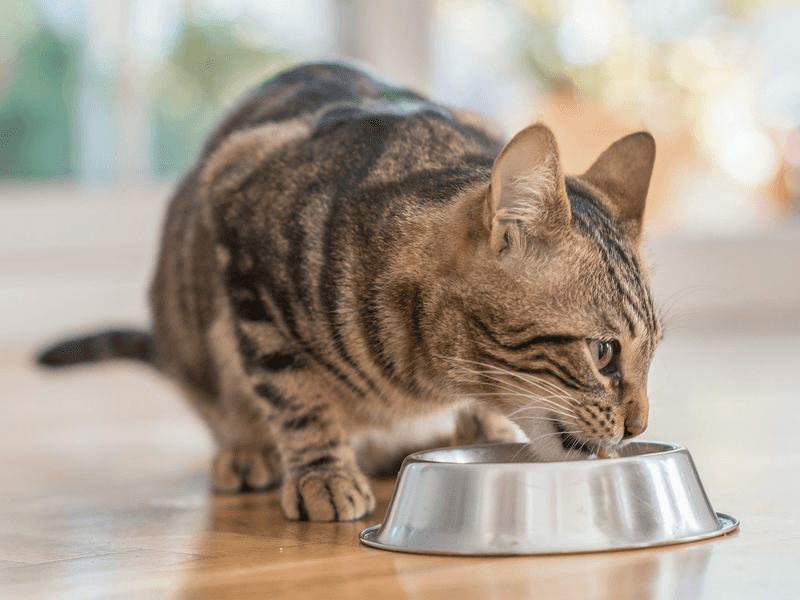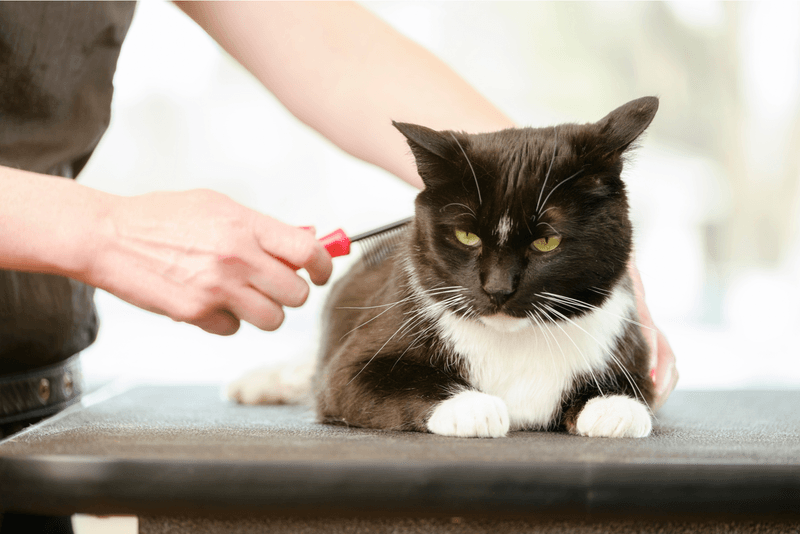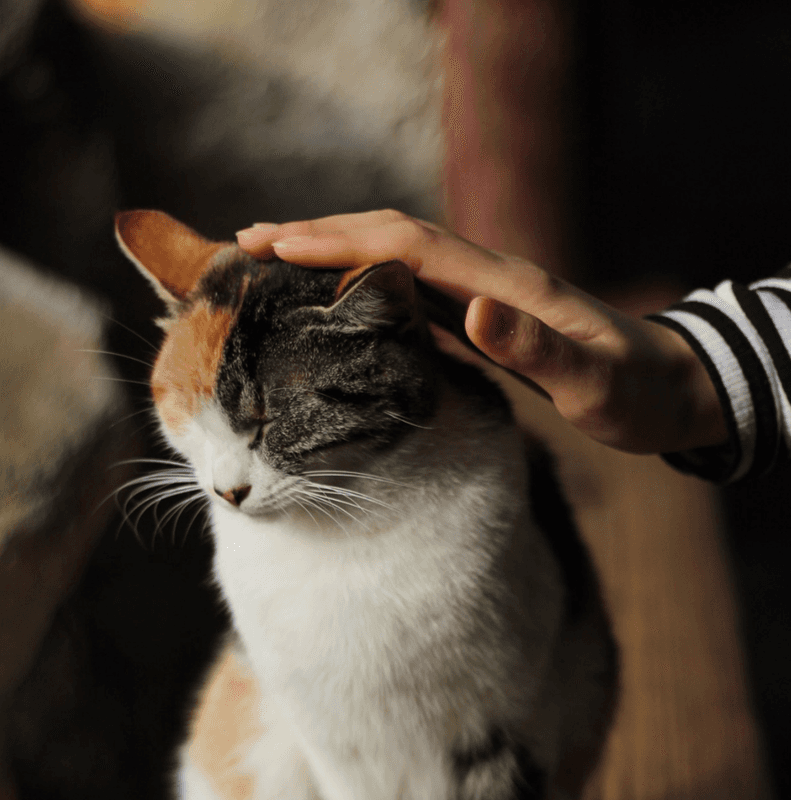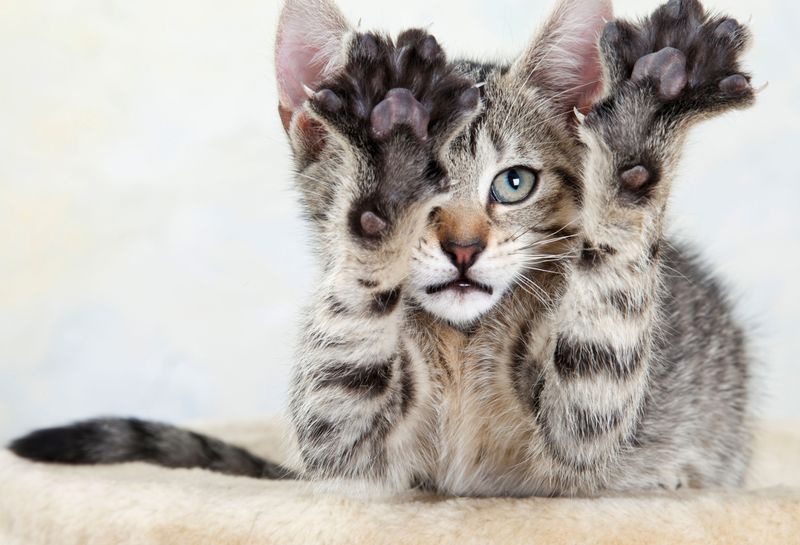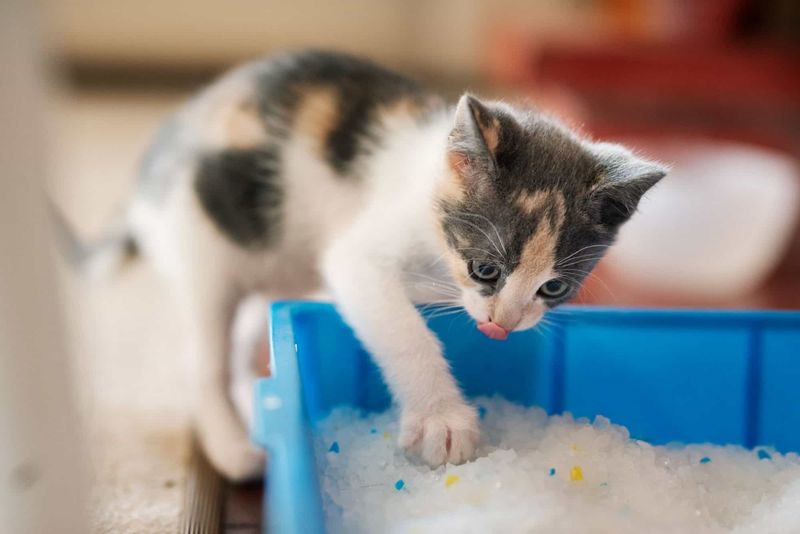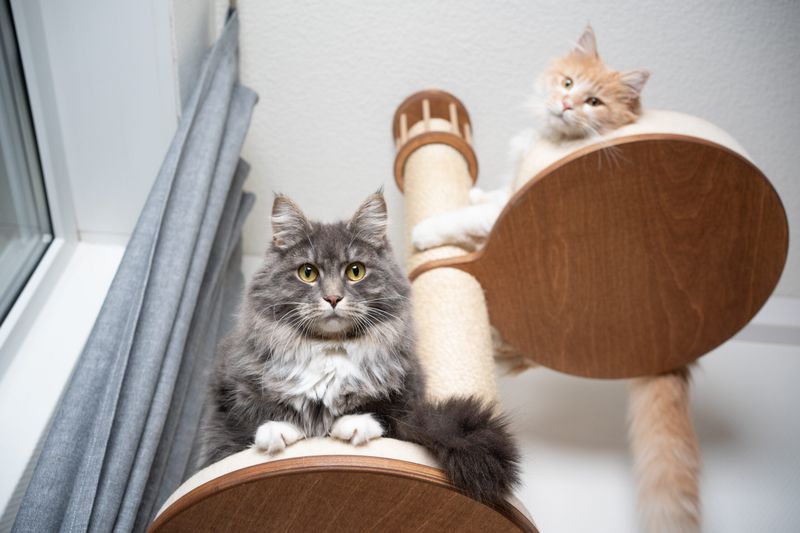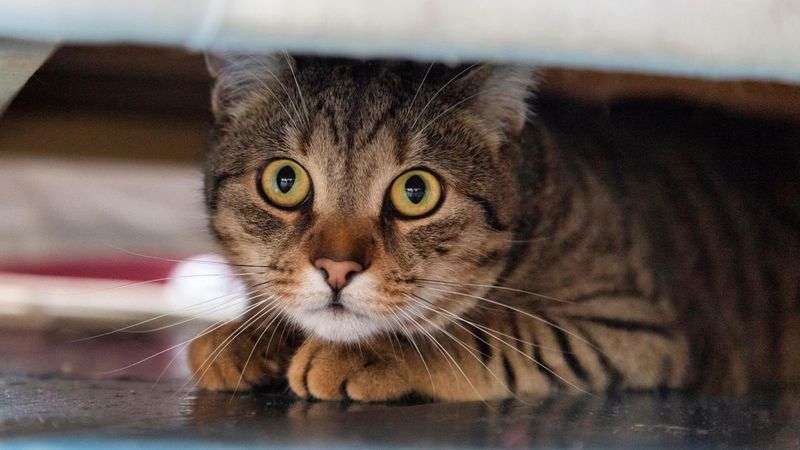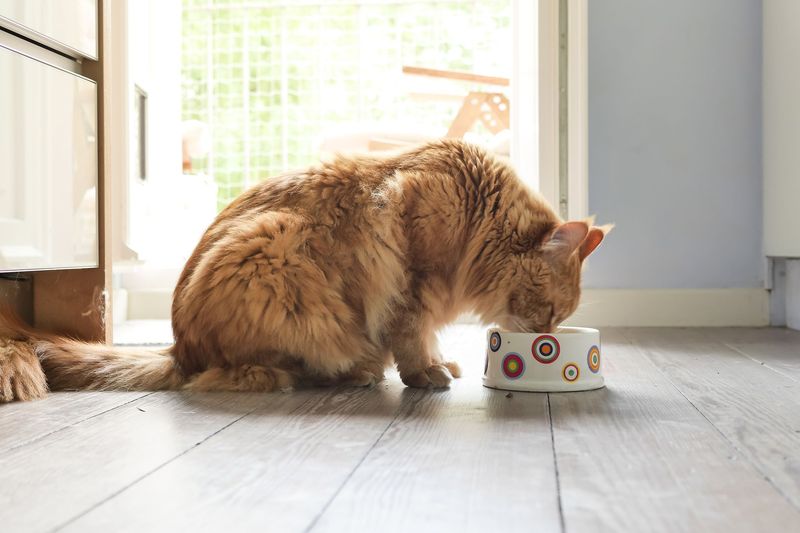📖 Table of Content:
- 1. Avoid Loud Noises
- 2. Don’t Force Affection
- 3. Avoid Ignoring Their Body Language
- 4. Never Skip Vet Visits
- 5. Don’t Neglect Playtime
- 6. Avoid Inconsistent Feeding Times
- 7. Don’t Overlook Grooming Needs
- 8. Never Use Physical Punishment
- 9. Avoid Declawing
- 10. Don’t Leave Them Alone Too Long
- 11. Avoid Ignoring Litter Box Issues
- 12. Never Yell at Them
- 13. Don’t Ignore Their Need for Personal Space
- 14. Avoid Drastic Changes in Routine
- 15. Never Overlook Their Diet
Cats are independent creatures, but they also thrive on trust and positive interactions. Understanding their unique behaviors and preferences is key to creating a harmonious bond. Simple actions can either build or break the connection, so it’s important to be mindful of what your cat likes and dislikes.
Certain behaviors can cause stress or discomfort for your feline companion, affecting the relationship you share. Respecting their boundaries and responding to their needs in a calm, consistent manner will keep them feeling secure. By making small adjustments to daily habits, a deeper, more loving bond can be formed.
Paying attention to your cat’s reactions is one of the best ways to strengthen the connection. Avoiding actions that make them feel anxious or uncomfortable ensures they remain open to affection and trust. Here are 15 things to steer clear of if you want to nurture a closer, happier relationship with your cat.
1. Avoid Loud Noises
Cats have sensitive hearing, and loud noises can cause them distress. When a cat frequently encounters loud environments, it can lead to heightened anxiety and stress. This stress might manifest in hiding, aggression, or refusal to use the litter box.
Make sure to keep household noise at a moderate level. For example, avoid slamming doors or playing loud music. If you have to vacuum or use noisy appliances, ensure your cat is in a different room to minimize their stress. Maintaining a peaceful environment can significantly boost your cat’s sense of security.
2. Don’t Force Affection
Affection is something cats appreciate on their own terms. Forcing a cat to cuddle or be held when they’re not in the mood can damage your bond. With their unique personalities, some cats might prefer sitting beside you rather than on your lap. Respecting these boundaries is essential for building trust.
Engage with your cat when they initiate contact. This mutual respect helps in building trust. Watch for signs of discomfort, such as tail flicking or ears back. By avoiding forced affection, you allow your cat to feel more comfortable and secure around you.
3. Avoid Ignoring Their Body Language
Understanding a cat’s body language is essential for building a strong bond. Cats communicate through their tails, ears, and posture. Ignoring these signals can lead to misunderstandings. For instance, a twitching tail can indicate irritation, while slow blinking shows affection.
Learning these cues allows you to respond appropriately. It’s important to approach a cat cautiously and watch their reactions. This awareness prevents unwanted stress for your cat and promotes a harmonious relationship. Paying attention to their body language shows respect and earns their trust over time.
4. Never Skip Vet Visits
Regular vet check-ups are crucial for maintaining your cat’s health. Ignoring routine check-ups can lead to undetected health issues. These medical visits help catch problems early, ensuring your cat stays healthy and happy. Moreover, a healthy cat is often more affectionate and engaged.
It’s vital to follow vaccination schedules and address any health concerns promptly. Veterinarians can also provide valuable advice on nutrition and behavior. Keeping up with vet visits shows your cat that you care about their well-being, strengthening the bond between you and your pet.
5. Don’t Neglect Playtime
Fun is a fundamental aspect of a cat’s daily routine. Neglecting this can lead to boredom and behavioral issues. Engaging in regular play strengthens your bond and provides mental and physical stimulation. Use toys that mimic prey-like behavior, such as feather wands or laser pointers, to captivate your cat’s attention.
Remember, the goal is to simulate hunting scenarios. Allocate a few minutes each day to interactive play sessions. This not only keeps your cat fit and healthy but also enhances your relationship through shared experiences and mutual enjoyment.
6. Avoid Inconsistent Feeding Times
Routine is comforting to cats, and inconsistent feeding times can cause unnecessary stress. Cats thrive on predictable schedules, especially when it comes to meals. Establish a regular feeding routine and stick to it as closely as possible. This predictability reassures your cat and helps regulate their digestive system.
If you’re away, consider automatic feeders to maintain consistency. Regular feeding times also help manage weight and nutritional intake. By keeping mealtime consistent, you provide your cat with a sense of stability and show that you’re attentive to their basic needs.
7. Don’t Overlook Grooming Needs
Grooming is more than just keeping your cat looking good; it’s vital for their health. Regular brushing helps reduce shedding and prevents matting, which can be painful and cause skin issues. Grooming sessions also offer an opportunity to check for fleas, ticks, or skin abnormalities. Some cats might not enjoy grooming initially, but patience and gentle techniques help.
Start with short sessions and gradually increase the time as your cat becomes more comfortable. This routine care not only keeps them healthy but also reinforces your bond through a gentle, reassuring touch.
8. Never Use Physical Punishment
Harsh discipline can be damaging and ineffective when training cats. Cats don’t respond well to being scolded or reprimanded; instead of learning from their actions, they may become fearful or defensive. A more effective method is positive reinforcement—rewarding good behavior with treats or affection helps reinforce those actions and strengthens your bond.
This strategy encourages good behavior without damaging trust. Understanding that cats need patience and gentle guidance helps in building a closer bond. Avoiding physical punishment demonstrates respect and understanding, leading to a more harmonious relationship.
9. Avoid Declawing
Declawing is a painful procedure that can lead to long-term health issues and behavioral changes in cats. Many cats become more aggressive or develop litter box problems post-surgery. Instead of declawing, provide scratching posts and regularly trim their claws to manage scratching behavior. Training your cat to use appropriate surfaces for scratching is also effective.
Understand that scratching is a natural behavior for cats. By avoiding declawing, you show respect for your cat’s physical and emotional well-being, fostering a deeper bond founded on trust and compassion.
10. Don’t Leave Them Alone Too Long
Cats may seem independent, but they still need companionship. Leaving them alone for extended periods can lead to loneliness and anxiety. Ensure your cat has enough stimulation and interaction throughout the day. If you’re often away, consider hiring a pet sitter or adopting another pet for the company.
Interactive toys can also keep your cat engaged. Remember, quality time spent together strengthens your bond. Providing companionship and attention reassures your cat and promotes a happier, more content life. By being present, you show your cat that they are an important part of your life.
11. Avoid Ignoring Litter Box Issues
Failing to address issues with the litter box can lead to stress and unwanted behaviors in your cat. Cats are very particular about where they go, and any discomfort or dissatisfaction can cause them to avoid it. Keep the box clean, spacious, and stocked with the right type of litter, while also being mindful of your cat’s preferences.
Address any changes in litter box habits promptly, as they might signal health issues. By maintaining a clean and suitable litter box environment, you show that you care about your cat’s comfort and hygiene, which strengthens your relationship and trust.
12. Never Yell at Them
Raising your voice at your cat is counterproductive and can damage your bond. Cats don’t understand shouting, and it only causes fear and confusion. Instead of correcting behavior, yelling may lead to increased anxiety and stress-related issues. Use calm, gentle tones when communicating. Reward positive behaviors and gently redirect unwanted ones. Patience and understanding foster a trusting relationship.
It’s important to remember that cats are sensitive creatures that respond better to kindness and consistency. By avoiding raised voices, you encourage a peaceful and harmonious living environment for both you and your cat.
13. Don’t Ignore Their Need for Personal Space
Just like people, cats need personal space to feel comfortable and secure. Overcrowding or constantly being in their face can make them anxious and withdrawn. Provide a variety of spaces where your cat can retreat and relax undisturbed. Respect these areas and ensure children or visitors do the same.
Personal space is crucial for a cat’s emotional well-being. By understanding and respecting their need for alone time, you show that you’re considerate of their feelings. This respect strengthens your bond and ensures your cat feels safe and loved in your home.
14. Avoid Drastic Changes in Routine
A consistent routine is essential for cats, and sudden changes can be stressful for them. Shifts in feeding schedules, rearranged furniture, or altered surroundings can all affect your cat’s sense of security. Gradual changes allow them to adjust more comfortably. When significant changes are unavoidable, maintaining consistency in other areas of their routine can help ease the transition.
Provide familiar items and scents to reassure them during transitions. Understanding the importance of stability shows that you’re attuned to your cat’s needs. By minimizing disruptions, you help maintain a calm and stable environment, strengthening your relationship.
15. Never Overlook Their Diet
A balanced diet is essential for your cat’s overall health. Overlooking nutritional needs can lead to obesity, malnutrition, or other health issues. Ensure you feed your cat high-quality food appropriate for their age, size, and health condition.
Consult with a veterinarian for dietary recommendations. Regularly monitor your cat’s weight and adjust portions as needed. Keep treats to a minimum and avoid human food, which can be harmful. By prioritizing your cat’s diet, you show commitment to their well-being. This care and attention not only contribute to their health but also strengthen your bond.
